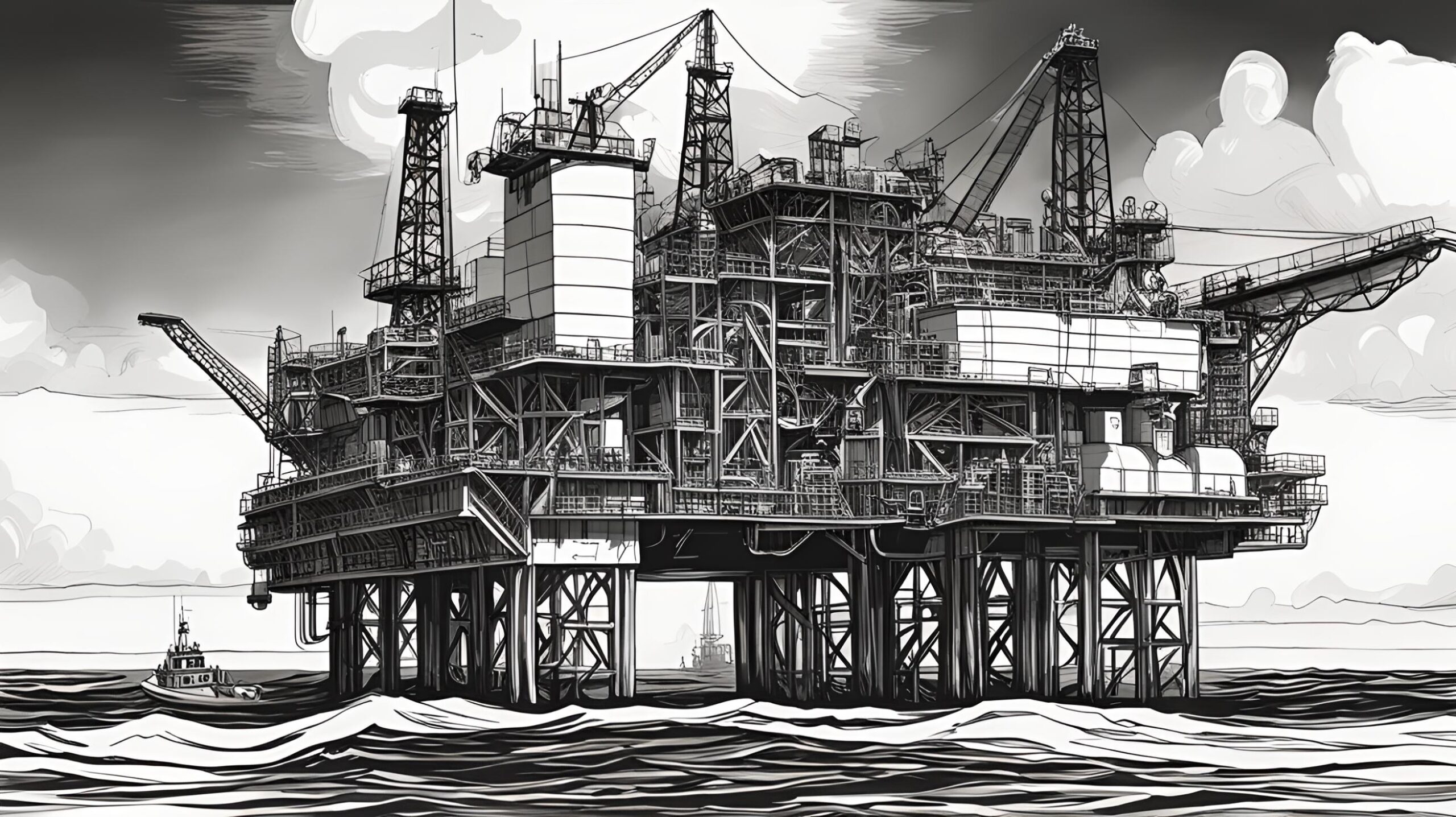Flashback to July 12
American History

In the midst of the Civil War on August 3, 1863, an extraordinary event occurred that still resonates in the annals of American history. On that day, Governor Horatio Seymour of New York made a bold appeal to President Abraham Lincoln to suspend the draft in New York. This article explores the deeper context of the event, its implications, wartime politics, and its enduring impact on American history.
The draft, formally called the Conscription Act, was initiated during the Civil War as a way for the Union to replenish its ranks. The war had reached a critical stage, and more soldiers were needed to sustain the fight against the Confederacy. However, public reaction to the draft was divisive and stirred tensions, particularly in New York. Many viewed it as unjust, while others saw it as a necessary wartime measure.
The public’s resentment of the draft resulted in the New York Draft Riots, a violent conflict that erupted in July 1863. The riots were the largest civil insurrection in American history, second only to the Civil War itself. Citizens clashed with authorities, leading to several deaths and massive destruction of property.
In light of this unrest, Governor Seymour, a member of the Democratic Party and a known critic of the Lincoln administration, stepped in with his monumental request. Seymour, expressing the discontent of many New Yorkers, appealed to Lincoln to suspend the draft in New York.
The relevance of Seymour’s appeal is twofold. First, it demonstrates the considerable tensions the Civil War draft sparked in New York, home to a large pro-Southern constituency. It highlights how divisive issues can escalate into conflict, even within the Union’s sphere. The situation was complicated by socioeconomic factors, particularly among the immigrant and working-class populations of New York City, who felt unfairly targeted by the draft.
Second, Seymour’s appeal underscores how regional leaders attempted to negotiate and protect the interests of their constituents even during wartime. Seymour’s actions reflect the often complex political dynamics of American federalism and the struggle between state and federal government.
Moreover, while President Lincoln ultimately declined Seymour’s appeal, this incident emphasizes the challenging political considerations leaders grappled with during the war. Lincoln, committed to the Union cause and unyielding in his pursuit of victory, prioritized the draft’s strategic necessity over the unrest it caused.
This War-era event invites discussion about constitutional rights, federal authority, and the enduring question of how far a government can go during times of crisis. The perennial debate surrounding the balance between individual rights and collective security found a sharp embodiment in Seymour’s appeal to Lincoln.
The event is also significant for underscoring the climate of social unrest, political controversy, and regional identity that characterized the Civil War era. These intricate dynamics continue to resonate in contemporary discussions about America’s political history.
the August 3, 1863 event—Governor Seymour’s request for Lincoln to suspend the draft in New York—is an illuminating case study of the complex crosscurrents of the Civil War. As we reflect on this time, we grasp the enduring challenges and dilemmas that have marked American history. The interplay of regional and national politics, civil liberties versus security, and the struggle between various societal sectors all came to a head on this momentous day. The study and understanding of such events can provide valuable insights for comprehending the multifaceted layers of American history. The echoes of Governor Seymour’s appeal to President Lincoln continue to reverberate through time, reminding us of the multifaceted and turbulent nature of this era.
We strive for accuracy. If you see something that doesn't look right, click here to contact us!
Sponsored Content

Thunder Horse, the largest…
The largest semi-submersible oil…

Medal of Honor authorized…
On July 12, 1862,…

First ocean pier in…
On 7/12/1882, history was…

Checker Motors Corporation ceases…
On July 12, 1982,…

War of 1812: The…
On July 12, 1812,…

American president Bill Clinton…
On July 12, 1994,…

